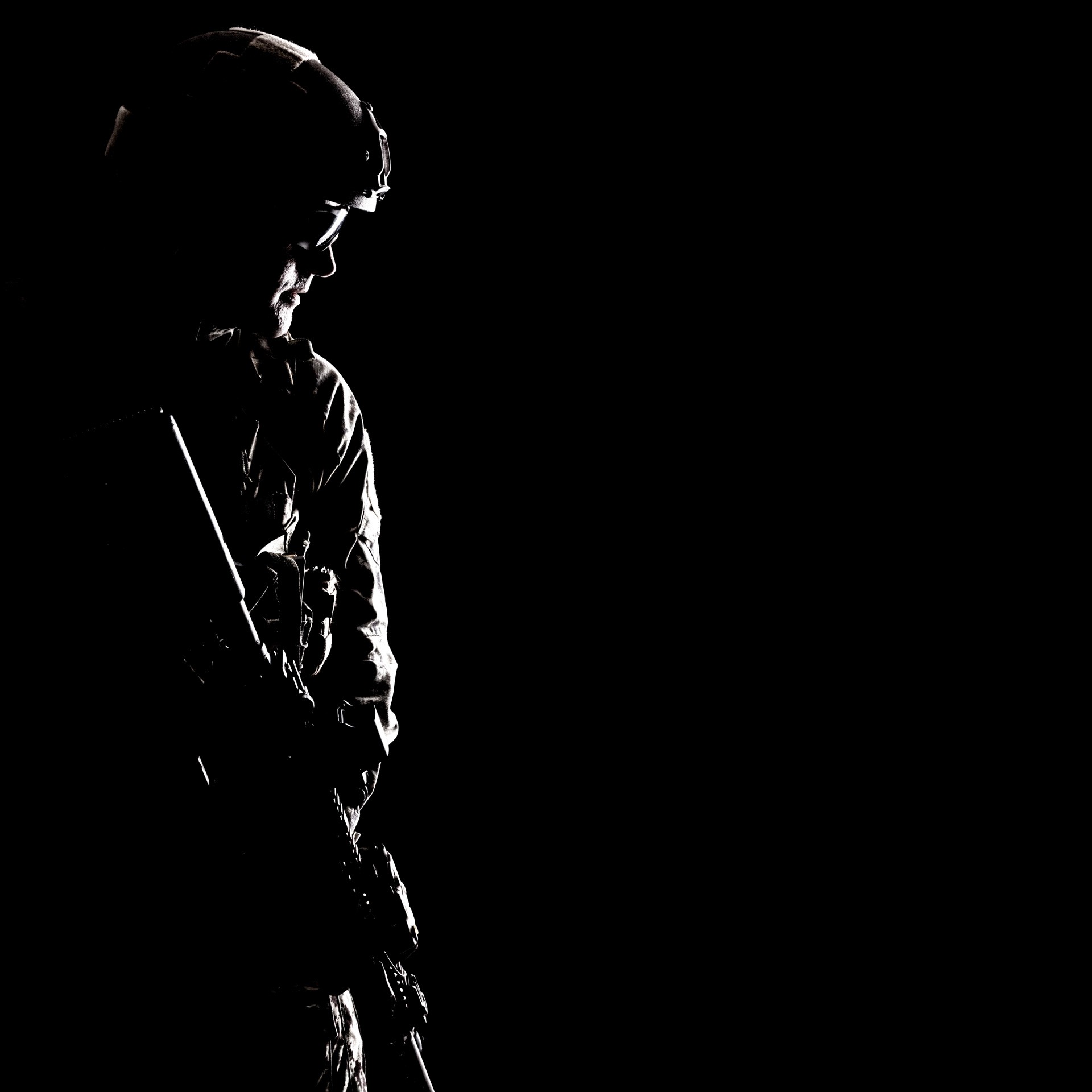
Post-Traumatic Stress Disorder (PTSD) is a debilitating mental health condition that has long been associated with the experiences of Veterans returning from combat zones.
While PTSD has historically been associated with affecting male Veterans, it is important to recognize that this condition can affect both men and women who have served in the military. Research has shown that female Veterans may be at an increased risk for developing PTSD due to the added trauma of military sexual trauma (MST).
However, recent research has shed light on the fact that PTSD can affect anyone who has experienced a traumatic event, regardless of their gender or profession. The impact of PTSD extends far beyond the boundaries of military service, affecting individuals who have survived sexual assault, domestic violence, natural disasters, and other traumatic events.
For many Veterans, the battle does not end when they return home from the frontlines. The horrors of war can leave deep psychological scars that manifest as PTSD. This condition can cause a range of symptoms, including flashbacks, nightmares, hypervigilance, emotional numbness, and difficulty concentrating, to name a few.
These symptoms can severely impair a Veteran’s ability to function in daily life, making it challenging to maintain relationships, hold down a job, and enjoy the activities they once loved.
Military sexual trauma (MST) refers to instances of sexual assault or repeated, threatening sexual harassment that occurred during a Veteran’s military service. It can include:rape, sexual assault, sexual battery, and other forms of sexual misconduct perpetrated by military personnel or civilians.
While MST is often associated with female Veterans, it is crucial to acknowledge that this form of trauma can affect Veterans of all genders. Research indicates that a significant number of male Veterans have also experienced MST during their time in the military.
According to data from the Department of Veterans Affairs (VA), approximately 1 in 4 women and 1 in 100 men reported experiencing MST when screened by VA healthcare providers. However, these numbers may not fully represent the true prevalence of MST. Many cases go unreported due to the stigma and potential repercussions associated with reporting such incidents within the military environment.
MST can have severe and long-lasting effects on a Veteran’s mental health, often leading to the development of PTSD and other psychological conditions. The trauma experienced during these incidents can cause intense emotional distress, feelings of shame, and a deep sense of betrayal, particularly when the perpetrator was a fellow service member.
Veterans who experience MST may struggle with intrusive memories, nightmares, avoidance behaviors, and hypervigilance – all hallmark symptoms of PTSD. Additionally, they may also grapple with depression, anxiety, substance abuse issues, and difficulties in maintaining healthy relationships and reintegrating into civilian life.
While PTSD has gained more recognition in recent years, there is still a significant need for further research and increased awareness surrounding this condition. Dedicated funding and resources are essential to better understand the prevalence, causes, and effective treatments for PTSD, both in the military populations.
By fostering a better understanding of PTSD and its far-reaching effects, we can work towards destigmatizing this condition and providing more comprehensive support and treatment options for those who are suffering. This includes not only Veterans but also civilians who have experienced trauma, regardless of their gender or background.
A knowledgeable lawyer can help individuals with PTSD understand their rights, access the resources and benefits they are entitled to, and pursue compensation for the emotional and financial damages they have endured. Veterans, in particular, may be eligible for disability benefits and other forms of support from the VA if their PTSD is service-connected.
However, the process of obtaining these benefits can be complex and frustrating, often requiring extensive documentation and appeals. Experienced PTSD lawyers can guide Veterans through this process. A lawyer can advocate on their behalf and ensure that their claims are given the attention and consideration they deserve.
PTSD is a pervasive and often misunderstood condition that can have a profound impact on the lives of Veterans, civilians, men, and women alike. While progress has been made in recognizing and addressing this condition, there is still a significant need for further research, increased awareness, and better access to support and treatment options.
Veterans can ensure that their rights are protected and that they have access to the compensation and benefits they deserve by talking with a lawyer. Veterans affected by PTSD can speak to a Berry Law PTSD attorney about avenues for compensation. Our lawyers are Veterans and understand the challenges Veterans face in securing VA disability benefits. We can help. Call our legal team at 888-883-2483 or fill out our online contact form. We represent Veterans in all 50 states and our legal team is available 24/7.
Our monthly newsletter features about important and up-to-date veterans' law news, keeping you informed about the changes that matter.